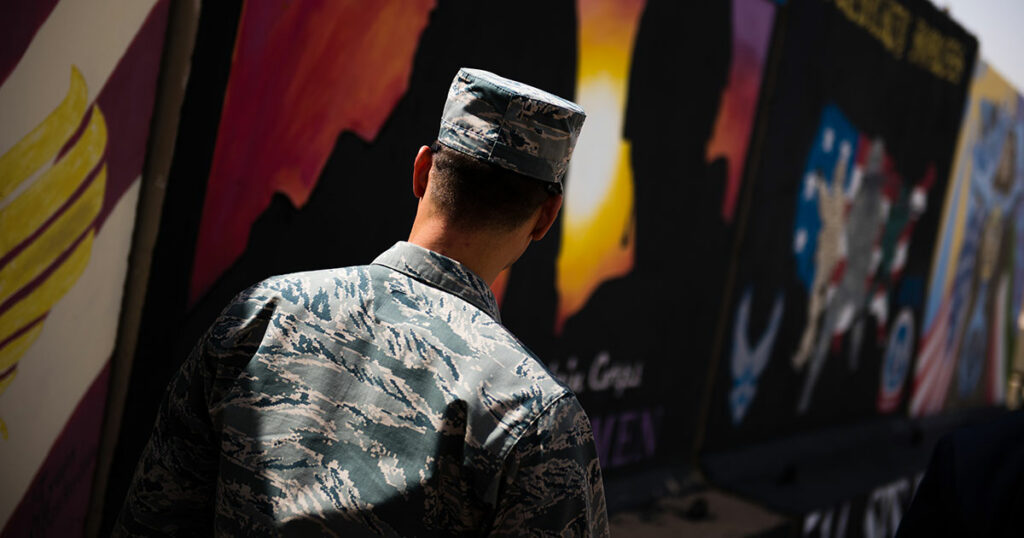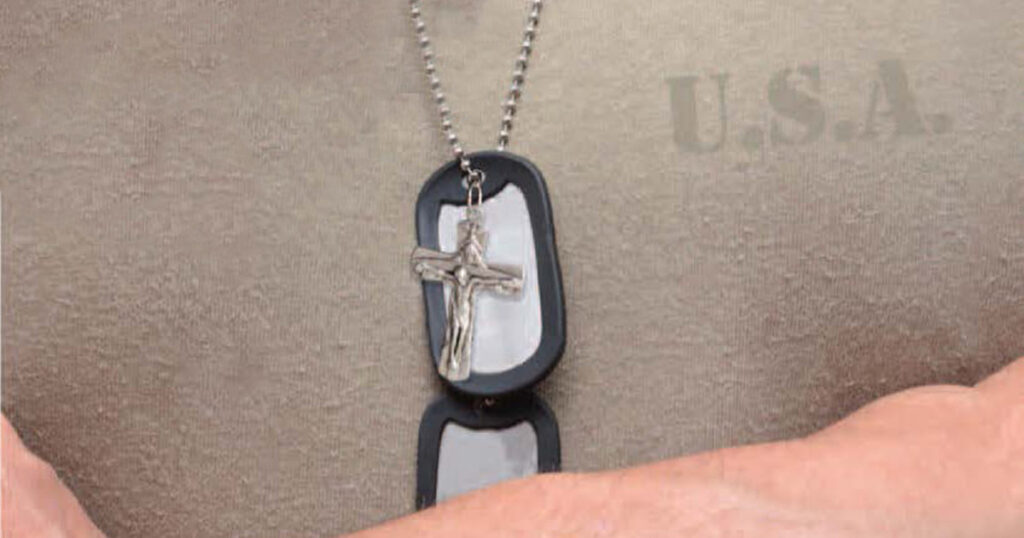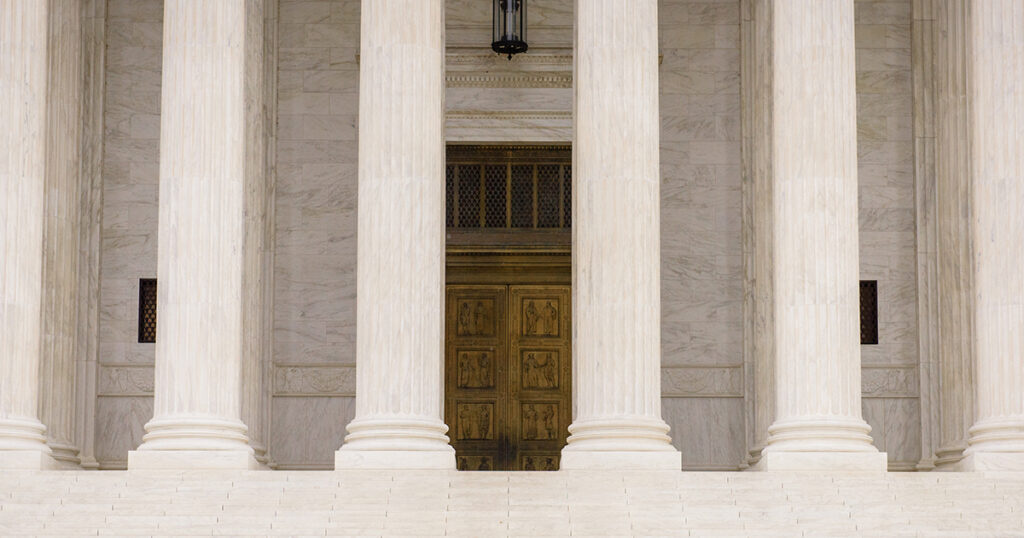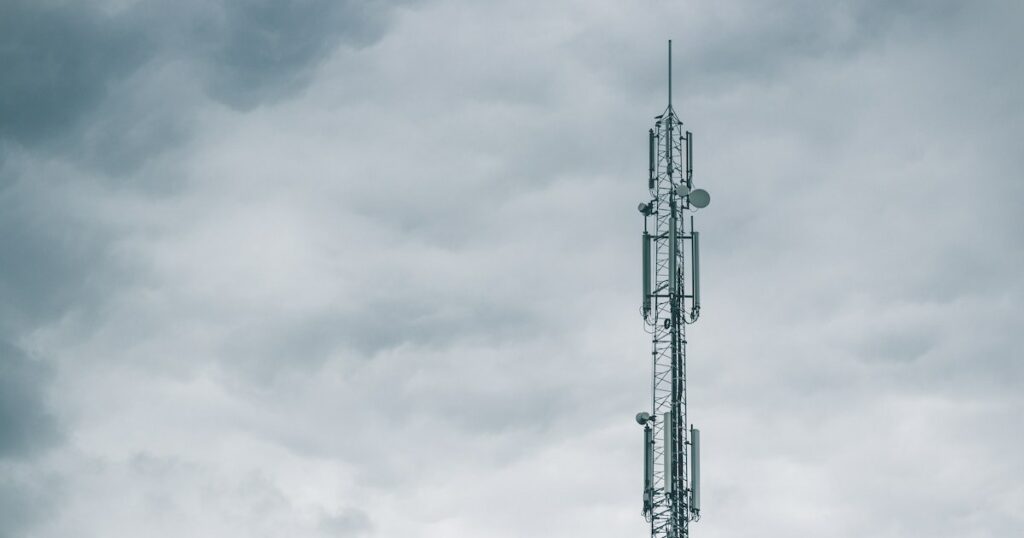by Gregory N. Todd
Martin was a career military officer, as his father before him. That’s the way it was in the 4th century in the Roman Imperial Army. If your father was an army officer, you were too. You had to be. No choice. As has happened to many deployed soldiers, Martin had a life-changing experience during one such deployment.
Legend has it that while riding into Amiens in what is now France, Martin came upon a poor man, shivering in the cold. Martin took his wool cloak, pulled out his sword, cut the cloak in two and gave half to the beggar. That night, Martin had a vision of Christ wrapped in the half of the cloak he had given to the beggar and Christ was quoting Matthew 25:40: “As you did it to one of the least of these my brothers, you did it to me.”
This incident impacted Martin profoundly. He left the army, studied for the ministry, served as a faithful pastor and eventually became the Bishop of Tours in France. He died on November 11 and was fondly remembered by citizens of the area as a faithful shepherd.
But what about that other half of Martin’s cloak? It became a treasured remembrance of Martin’s ministry and was kept by the French Army. Martin’s cloak or “cappa” was cared for by a priest referred to as a “cappellani” from which we get the title “chaplain.” So, in a sense, Martin and his interaction with that beggar gave birth to military chaplains. The Lutheran Church—Missouri Synod (LCMS) honors the service of military chaplains with the St. Martin of Tours medal.
Every year on November 11, Christendom remembers, not only a beloved priest and bishop, but a soldier, a veteran whose life was defined by the calling: “whatever you did for one of the least of these brothers of mine, you did for me.”
Over 100 years ago, November 11 assumed additional weight and significance with the end of World War I, the “War to End All Wars” (or so people thought). This war — where technology added to the brutality of war — required an even deeper sense of calling.
Who would listen to the call to fight the “War to End All Wars”? This would be a fight for humanity. There were those who listened to this call. My own Marine Corps “flock” is proud of its legacy responding to the call and fighting with such commitment to earn the German title Teufel Hunden — Devil Dogs.
All this remembrance of calling — St. Martin of Tours, Armistice Day, Veterans Day —happens the day after my own flock of warriors, the U.S. Marine Corps, celebrates its “birthday” on November 10, 1775, in Tun Tavern, Philadelphia. Disconnected coincidence? Probably. But certainly an opportunity for us to emphasize a key element of what it means to serve.
Called by our nation
Our nation calls warriors to defend the Constitution of the United States against “all enemies foreign or domestic.”
A few years ago, I participated in a friend’s promotion in which he reaffirmed his oath at the National Archives in front of the U.S. Constitution. The words took on new weight, new significance, in front of this old, faded document. It reminded me of the fragility of the American experiment in representative democracy and the critical importance of each citizen to keep it alive. If you have served in the military, if you have taken that oath, you have contributed to the miracle that is the American experiment. You have responded to our nation’s call.
This vocation to care for our nation is not limited to those who wear the uniform. The Christian is called to serve in every aspect of our society. This is part of God’s calling to love our neighbor. We love our neighbor and contribute to their well-being by ensuring a well-ordered and peaceful society. We are called to be good citizens.
Those of us serving in the military are painfully aware that some of our ranks have given all by laying their lives on the altar of liberty. Our nation calls us to remember and honor them. We remember Marines like Corporal Ronald Payne, the first Marine killed in ground combat operations in Afghanistan on May 8, 2004, while serving with the 22nd Marine Expeditionary Unit, the unit I was attached to.
At 6 foot 7 inches and a muscular 270 pounds, Corporal Payne was a giant of a man who had trouble fitting through the rear hatch of a light-armored vehicle, but had a big heart to match his love for his fellow Marines. Corporal Payne was killed as he led his scout section on a combat patrol in the south-central Afghan province of Oruzgan. Two other Marines and a sailor were wounded in the intense fight, and at least four Taliban insurgents were killed.
As Corporal Payne exemplified, our nation calls its warriors to be of high character, someone to look up to, a goal to aspire to. When our nation looks to Marines, sailors, soldiers, airmen and Coastguardsmen, it sees a group of dedicated men and women who will emulate the lofty aspirations of our republic. Our nation calls chaplains to help build these warriors of character.
Called by our warriors
Sociologists tell us we live in times marked by increased loneliness. A growing body of literature notes that loneliness is a public health threat. Those serving in the military can be particularly vulnerable to this threat of loneliness. Away from home for perhaps the first time, maybe even in a foreign country, service members are susceptible to loneliness and find themselves making poor decisions. Added to the vulnerability is how disconnected many of this generation are from what traditionally provided strength to meet life’s challenges: church, family and community values.
While they may not articulate it verbally, these young warriors’ need calls to us, the church, to reach out to help them. Military training emphasizes the importance of being part of a team; we fight against the “vertical pronoun” (I) and strive for the team (we). The church can be part of this team through chaplains who proclaim the life-changing cross of Christ and mentor these isolated warriors trying to fight life’s challenges alone. In an age where suicide is becoming an acceptable solution in many corners of our society and is a growing concern among our warriors, the church has an opportunity to fight the culture of death through our chaplains.
Called by the divine
These callings are actually wrapped in God’s calling. God calls with both a divine mandate to “wield the sword” in righteousness and the divine assurance of God’s love and presence through Christ.
God’s call is rooted in the sacrificial nature of God in Jesus Christ. God demonstrated His kindness and compassion by sacrificing His Son to redeem me, a lost sinner. This assurance, this confidence in God’s favor shown by Christ’s sacrifice on the cross carries with it the other callings.
I mentioned Corporal Ron Payne earlier. For those left to grieve his death, his devout Christian faith has been a great comfort. Consider one of the last entries in his journal while in combat operations:
“The fear is starting to turn into excitement. Besides what do I have to be afraid of really. I have God on my side, and He said He will never leave us nor forsake us. Having Him is better than any type of support or weapon that man can give.”
This is not an assurance for the fight in front of him but for eternity. Corporal Payne was a combat veteran having done a tour in Iraq, but when we were going to Afghanistan, he confided that he wasn’t sure he’d be coming back from Afghanistan. But he said he was okay, confident that he would be with God for eternity.
The divine calling calls us to serve others with the assurance that God will be with us. As St. Martin learned, “as you did it to one of the least of these my brothers, you did it to me.” When God calls us to Himself, He calls us to serve our nation, our society, our neighbor, that the Gospel may be proclaimed to our needy world.
Chaplain (Rear Admiral) Gregory N. Todd is a United States Navy Chaplain Corps officer serving as the 20th Chaplain of the Marine Corps and Deputy Chief of Navy Chaplains.






Chaplain Todd,
Outstanding article! Good history, good message of inspiration and comfort. Thank you so much. I hopely will have my St. Martin Tours (awarded in 2019) presented sometime next year. Blessings as you minister to those who wear the Eagle, Globe and Anchor!
Fraternally,
Doug Kroll